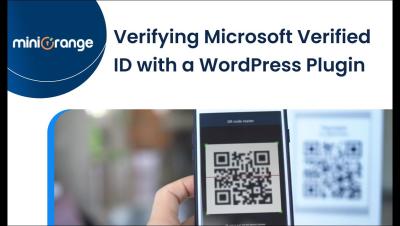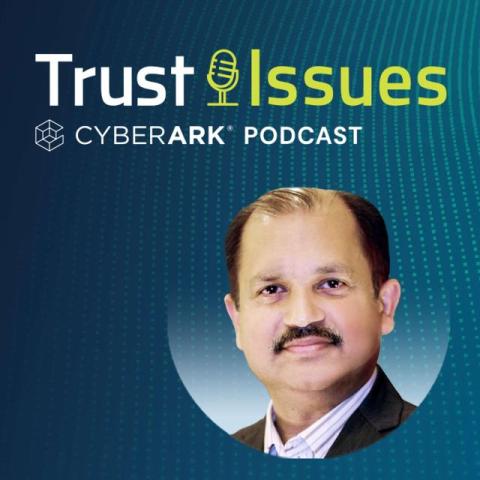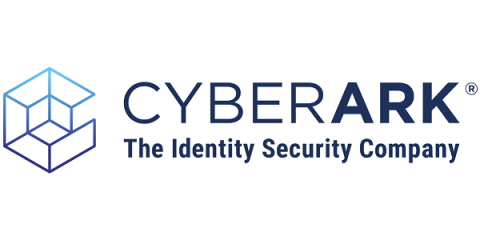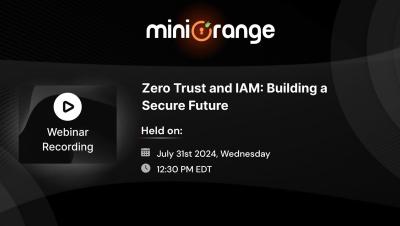Zero Standing Privileges: The Essentials
In December, I’ll have been with CyberArk for seven years, and at a similar point, I’ll have spent two years leading product marketing for cloud security at the company. In my short tenure with CyberArk Product Marketing, I’ve advocated for zero standing privileges (ZSP) as a default mechanism for implementing privilege controls. It’s easier, more effective and doesn’t change how people work.











